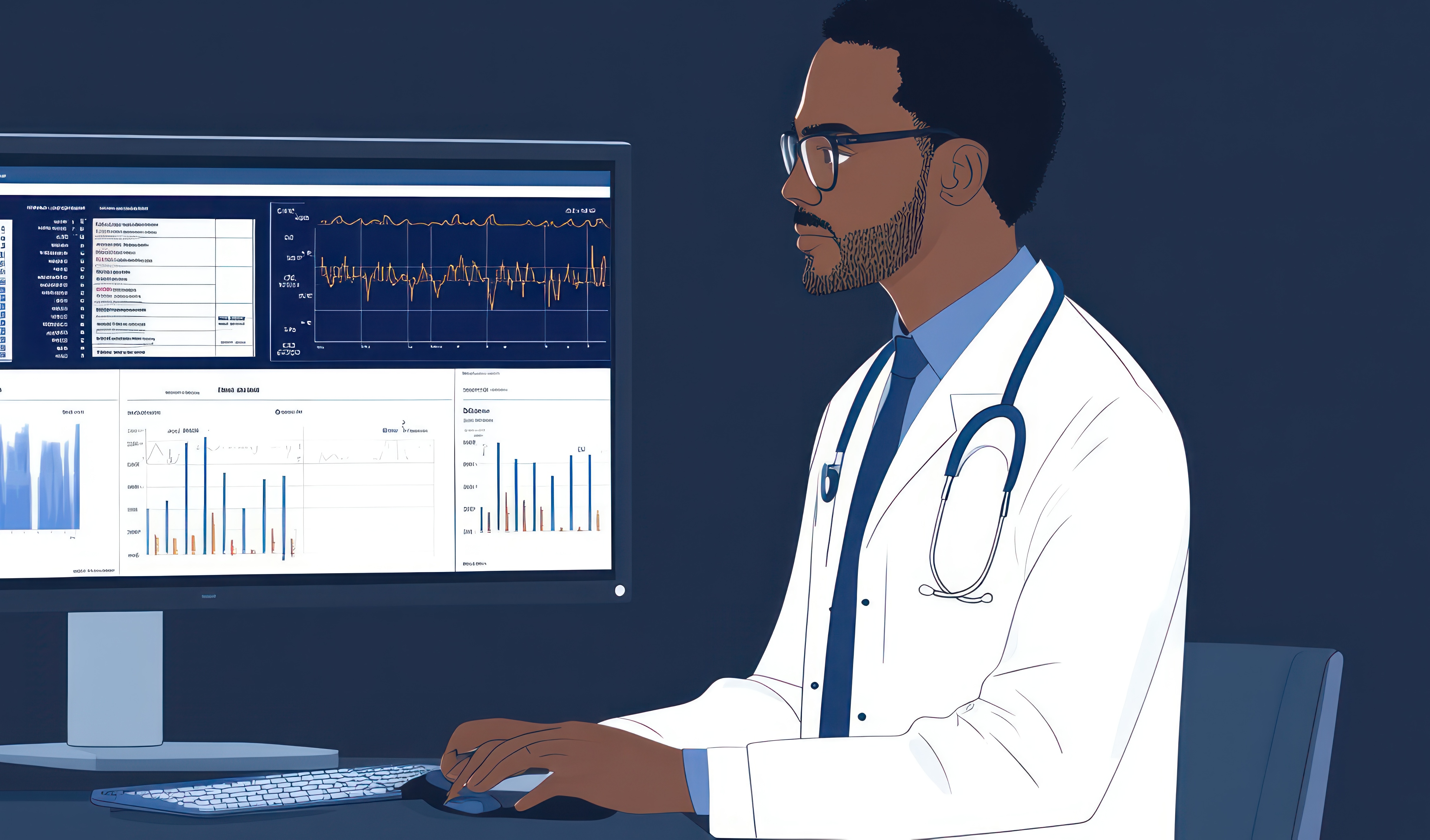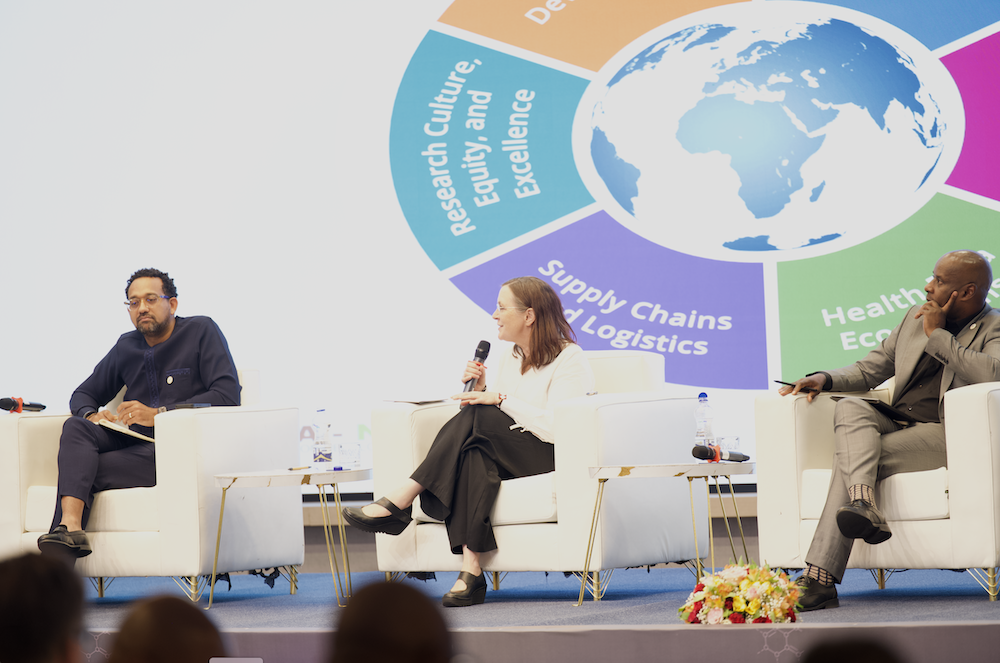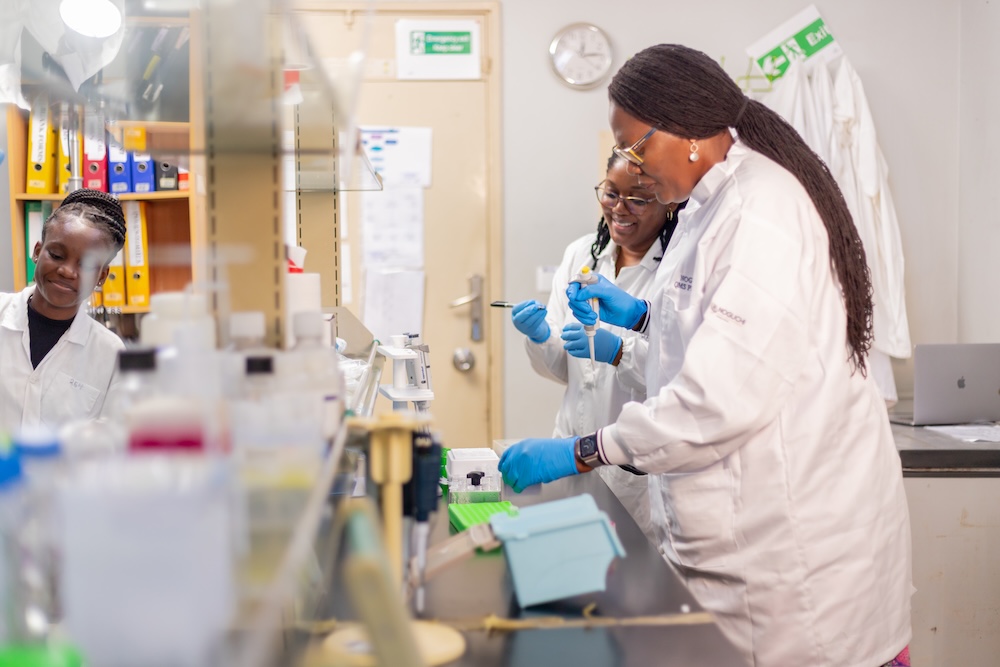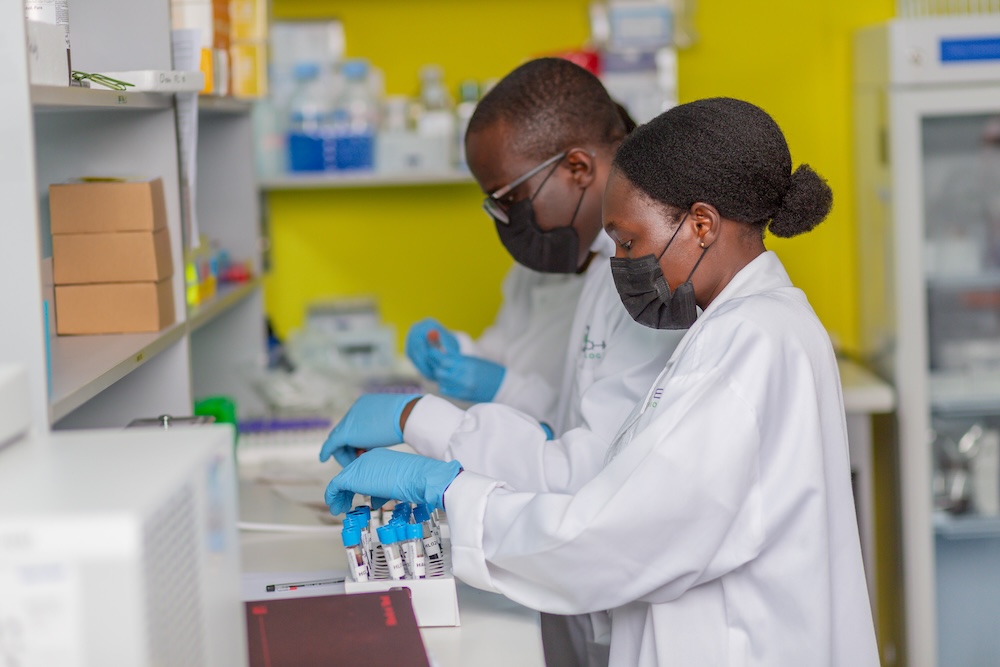
Media Centre
AHADI launches to foster self-reliance in health analytics in Africa
Tuesday, February 4, 2025

29 January 2025, Nairobi, Boston, and Chicago – Applied Health Analytics for Delivery and Innovation (AHADI) launches today. AHADI is an Africa-focused organization working for countries on their journey toward self-reliance using data analysis and evidence to identify, deliver and impact health needs.
Founded by leaders in health analytics, AHADI is passionate about solving major disease problems using a systems approach that is centered on enabling self-reliance in public health analytics.
African countries face disproportionately high burden of disease and overstretched resources. Nearly 6 in 10 children who die before their fifth birthday, and 7 in 10 mothers who die during pregnancy and childbirth, are in sub-Saharan Africa. Yet a person in this region receives only 2% of the funds spent on the health of a person in a high-income country.
In this context, the cost of a dollar misspent could be a life lost. Using data and evidence to inform decisions is even more critical. However, in sub–Saharan Africa only 50% of countries have functioning health data systems, and only 20% have adequate institutional capacity for health analytics.
“Strengthening self-reliance must be the focus of support to countries. At AHADI we use every chance we get to engage with countries as an opportunity to nurture talent and strengthen institutional capacity so that our help is needed less and less over time,” says AHADI’s Executive Director Prof Abdisalan Noor.
To foster capacity in health analytics in Africa, AHADI works with countries to rigorously assess their own needs in data and analytics and help them to bridge the gaps. AHADI implements analytics that responds to countries’ priorities and uses multiple pathways to enrich institutional and individual capacity, through collaboration across stakeholders.
Dr Ibrahima Socé Fall, Director, Neglected Tropical Diseases of the WHO, says “We in Africa must embrace the opportunity to build our institutional capacity for health intelligence to understand better the health needs of our populations and design and implement effective delivery. The vision of AHADI to strengthen self-reliance in health analytics through a much more deliberate approach is timely, bold, and inspiring.”
AHADI’s focus isn’t only on solving today’s problems: they also engage in research and innovation to provide strategic foresight that will equip health systems to improve priority-setting, enhance service delivery, and respond to the needs of the future.
This capacity and innovations in health analytics can only be strengthened through a collaborative approach, a core principle of AHADI. Prof Tom Kariuki, the Chief Executive Officer of Science for Africa Foundation says: “At the Science for Africa Foundation, our mission is to catalyze and strengthen Africa’s science and innovation ecosystem, driving progress from discovery to implementation. This initiative marks a significant step towards enabling self-reliance in public health analytics across Africa, empowering us to translate health evidence into impactful solutions that address our unique challenges.”
As we enter an even more exciting information era, with the emergence of artificial intelligence and new data technologies, Prof Dyann Wirth of Harvard T.H. Chan School of Public Health, Harvard University notes “Data science innovations are advancing rapidly, and in this age of artificial intelligence, there's no better time to address significant issues using targeted health analytics. I'm delighted that the AHADI vision acknowledges this and aims to enhance the foundational institutional capacities in health analytics in Africa, a region that bears the highest burden of disease worldwide and the most deaths due to infectious diseases.”
Prof Pedro Alonso of the University of Barcelona and former Director of WHO’s Global Malaria Programme recognises the potential of AHADI’s work in strengthening local analytical talent to help countries better align their priority-setting across the broader health sectoral and mostly donor-funded disease programmes to ensure efficient resource allocation. “This Africa led initiative to foster impactful health analytics and innovation to support countries, and the AHADI mission to strengthen national self-reliance in public health analytics are long overdue. Under the leadership of Abdisalan Noor, I have no doubt AHADI will be immensely successful in its work for countries to align around a single prioritized national health plans.”
Dr Ngozi Erondu, Technical Director, Global Institute for Disease Elimination, adds “Strong data systems with accessible analytics have the power to fuel an Africa-led public health agenda—one that enables us to go further and faster in reducing the burden of diseases and eliminating them altogether. AHADI’s commitment to advancing health analytics will not only drive smarter, evidence-informed decision-making and enable the development of cutting-edge information products to address complex health challenges.”
NOTES FOR THE EDITOR
About AHADI
Applied Health Analytics for Delivery and Innovation (AHADI) is an Africa-focused organization that works for countries on their journey toward self-reliance using analysis and evidence to identify, deliver and impact health needs. AHADI is dedicated to strengthening health systems through data, innovation, collaboration, and enabling self-reliance in public health analytics. For more information on AHADI's initiatives, visit their website: www.appliedhealthanalytics.org
Ahadi is also a Swahili word meaning promise, vow, or commitment, reflecting AHADI’s commitment to working for countries.
Follow AHADI on socials: LinkedIn and X
Media contact:
[email protected]



